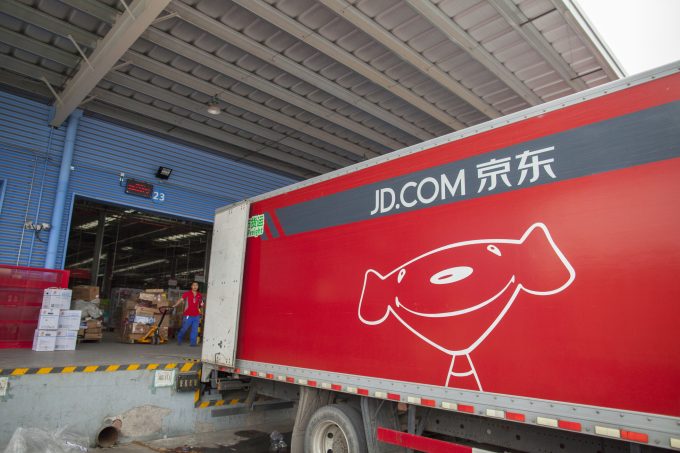Update from Amazon CEO Andy Jassy on Generative AI
Written by Andy Jassy, CEO of Amazon, and published today (17 June): (The message below was ...

Chinese e-commerce giant JD.com is set to expand overseas logistics operations, following a $550m cash investment from Google.
The two tech titans have formed a strategic partnership aimed at developing next-generation retail infrastructure in regions including South-east Asia, Europe and the US.
JD said this would be achieved ...
MSC switches two more Asia-Europe port calls from congested Antwerp
Canada and Mexico get cosy with trade plan to bypass US
Front-loading frenzy has made traditional H2 peak season 'unlikely'
Tradelanes: Export boom in Indian sub-continent triggers rise in airfreight rates
Carriers introduce surcharges as congestion builds at African ports
Mexican airport modernisation plan unlikely to boost cargo facilities
Tradelanes: Overcapacity on Asia-S America impacting alliances and rates
Ports and supply chain operators weigh in on funding for CPB

Comment on this article